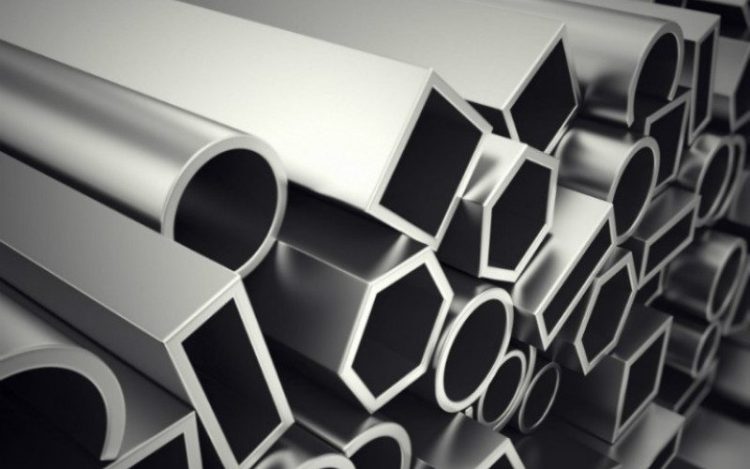In recent years, cast aluminum has emerged as a game-changer in the American manufacturing landscape. Known for its versatility and efficiency, this material is increasingly being adopted across various industries, transforming production processes and enabling innovative applications. As manufacturers strive for more sustainable and cost-effective solutions, cast aluminum stands out as a pivotal element in this evolution.
Advantages of Cast Aluminum
Cast aluminum offers several advantages that make it an attractive choice for manufacturers:
• Lightweight: One of the most significant benefits of using cast aluminum is its lightweight nature. This characteristic is particularly advantageous in industries such as automotive and aerospace, where reducing weight can lead to increased fuel efficiency and improved performance.
• Corrosion Resistance: Unlike many other metals, cast aluminum resists corrosion, making it ideal for products exposed to harsh environments. This property ensures longevity and durability, reducing the need for frequent replacements.
• Cost-Effectiveness: Due to its abundance and ease of casting, aluminum is generally more affordable than other metals. This cost-effectiveness is especially crucial for manufacturers aiming to reduce production costs without compromising quality.
• Recyclability: Cast aluminum is highly recyclable, aligning with the growing demand for sustainable manufacturing practices. Recycling aluminum requires significantly less energy than producing new aluminum, contributing to environmental conservation.
Applications in Various Industries
The versatility of cast aluminum has led to its adoption across a wide range of industries:
• Automotive: In the automotive sector, cast aluminum is used to manufacture engine blocks, transmission cases, and wheels. Its lightweight properties help in enhancing vehicle performance and fuel efficiency.
• Aerospace: The aerospace industry benefits from aluminum’s strength-to-weight ratio, using it in aircraft components to achieve optimal performance while maintaining safety standards.
• Construction: In construction, cast aluminum is utilized for structural components, window frames, and facades, providing both strength and aesthetic appeal.
• Consumer Electronics: Due to its excellent heat dissipation properties, cast aluminum is often used in the production of electronic housings and heat sinks, ensuring devices run efficiently and safely.
Technological Advancements
Recent technological advancements have further enhanced the capabilities of cast aluminum:
• Improved Casting Techniques: Innovations in casting techniques, such as die casting and sand casting, have improved the precision and quality of aluminum components, reducing waste and production time.
• Alloy Development: The development of new aluminum alloys has expanded the potential applications of cast aluminum, enabling manufacturers to tailor properties to specific industry needs.
Cast aluminum is undoubtedly revolutionising American manufacturing by offering a blend of lightweight, durable, and cost-effective solutions. Its versatility and sustainability make it a preferred choice for various industries, from automotive to electronics. As technological advancements continue to improve its properties and applications, cast aluminum will likely play an even more significant role in shaping the future of manufacturing. By leveraging the benefits of this remarkable material, manufacturers can achieve greater efficiency, sustainability, and innovation in their production processes.


